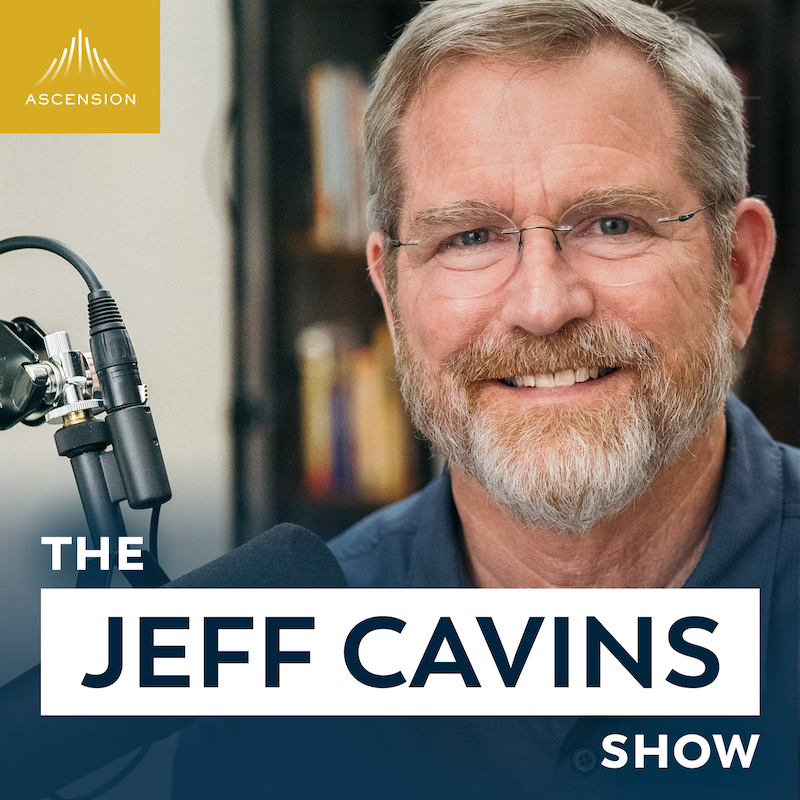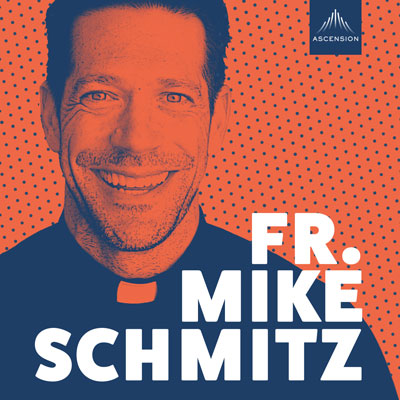The extraordinary “moment of prayer,” the Urbi et Orbi blessing of March 27,2020 was the first ever of its kind offered apart from the election of a pope, Christmas, or Easter. On a bleak Friday during Lent and in the midst of worldwide pandemic and upheaval we witnessed the Vicar of Christ express the eloquence of his office. He pleaded, intereceded, and blessed. He taught with authority and spoke to weary hearts words to rouse.
The Holy Father spoke about our bleak reality:
“Thick darkness has gathered over our squares, our streets and our cities; it has taken over our lives, filling everything with a deafening silence and a distressing void, that stops everything as it passes by; we feel it in the air, we notice in people’s gestures, their glances give them away. We find ourselves afraid and lost.”
There is no sugar coating the awful reality of this pandemic;—the many lives lost—the mounting fear that the worst is yet to come. Pope Francis equated it to the apostles in the midst of a storm being tossed about and he called us to trust—to know that the Father cares—that Jesus cares even while it seems that he is sleeping.
He spoke about the storm itself and what it exposes:
“The storm exposes our vulnerability and uncovers those false and superfluous certainties around which we have constructed our daily schedules, our projects, our habits and priorities. It shows us how we have allowed to become dull and feeble the very things that nourish, sustain and strengthen our lives and our communities. The tempest lays bare all our prepackaged ideas and forgetfulness of what nourishes our people’s souls; all those attempts that anesthetize us with ways of thinking and acting that supposedly “save” us, but instead prove incapable of putting us in touch with our roots and keeping alive the memory of those who have gone before us. We deprive ourselves of the antibodies we need to confront adversity.
In this storm, the façade of those stereotypes with which we camouflaged our egos, always worrying about our image, has fallen away, uncovering once more that (blessed) common belonging, of which we cannot be deprived: our belonging as brothers and sisters.”
He pointed to our Lenten call to repentance, to the quiet sanctity and heroism being expressed in hospitals and groceries and in homes. And above all, to the kerygma, the central proclamation of our Faith.
“By his cross we have been saved in order to embrace hope and let it strengthen and sustain all measures and all possible avenues for helping us protect ourselves and others. Embracing the Lord in order to embrace hope: that is the strength of faith, which frees us from fear and gives us hope.”
The central saving message of the gospel is brought out to the threshold of our sick and suffering world. The gospel must be proclaimed and lived boldly even amid our homes in a shuttered world. Better still—Christ himself, in the monstrance and in many distressing disguises is now being lifted up at the threshold of the world. He himself is broadcast in a way that should stir up our longing for the bridegroom, for the day when we can all gather again at the Eucharistic Table, at the altar in our parishes and receive him again. He himself is now hiding in the eyes of our family members, in the sick, in the healthcare worker, the grocery worker, and a thousand unexpected places. Urbi et Orbi, to the city and the world, “A Light shines in the midst of darkness, and the darkness has not overcome it.” (John 1:5)



